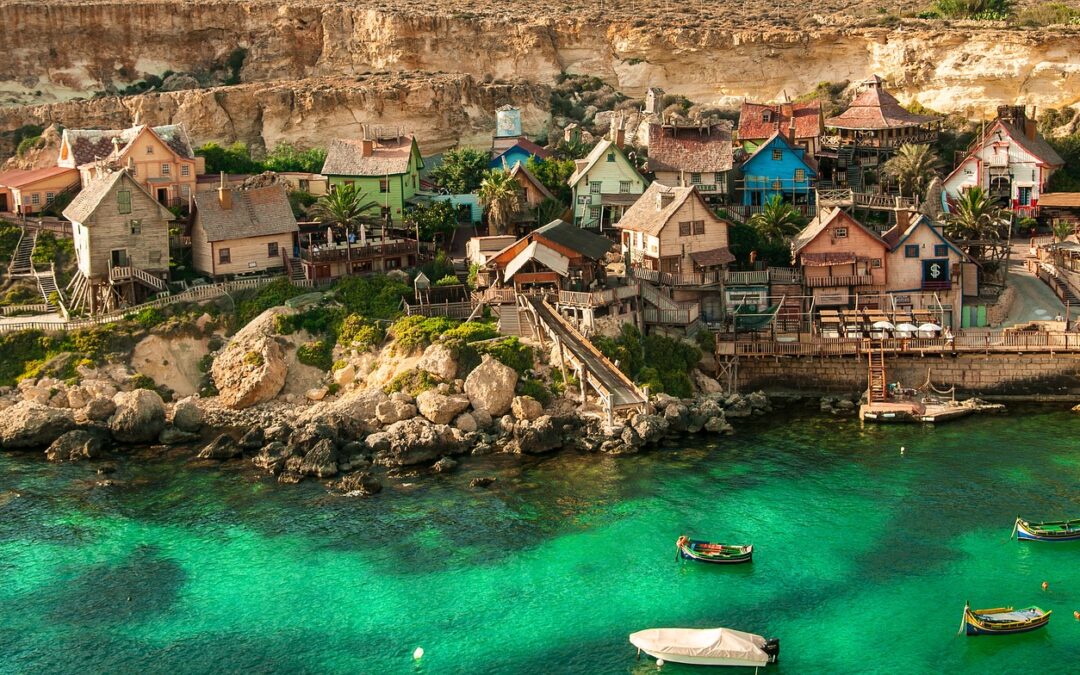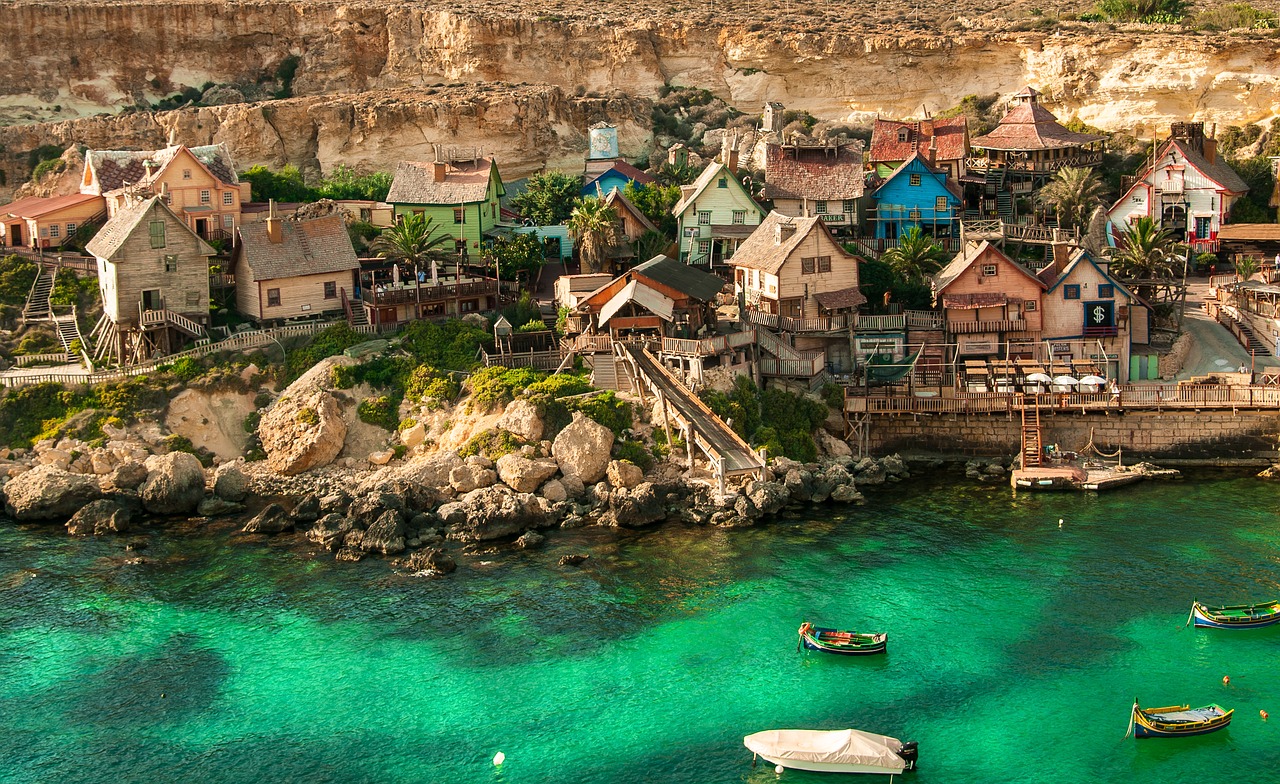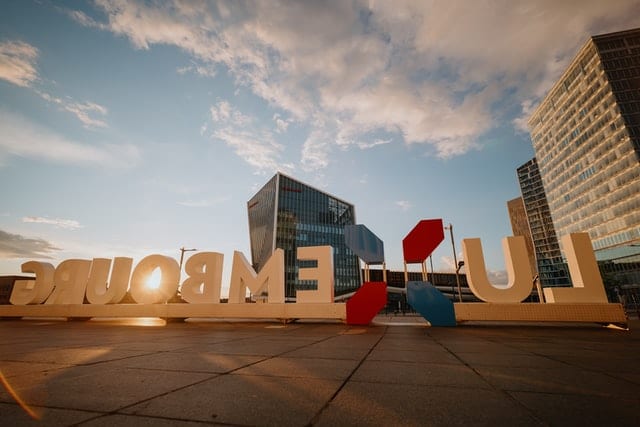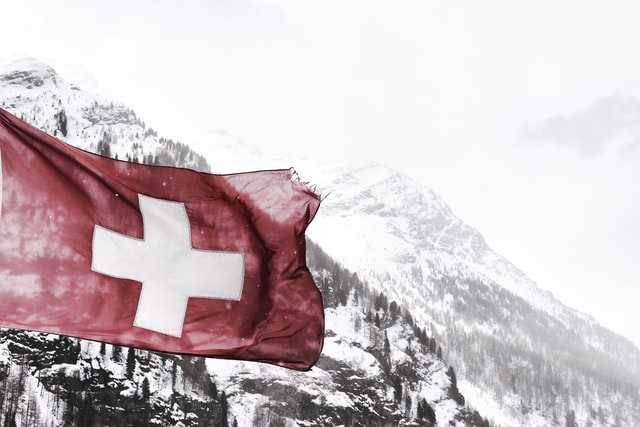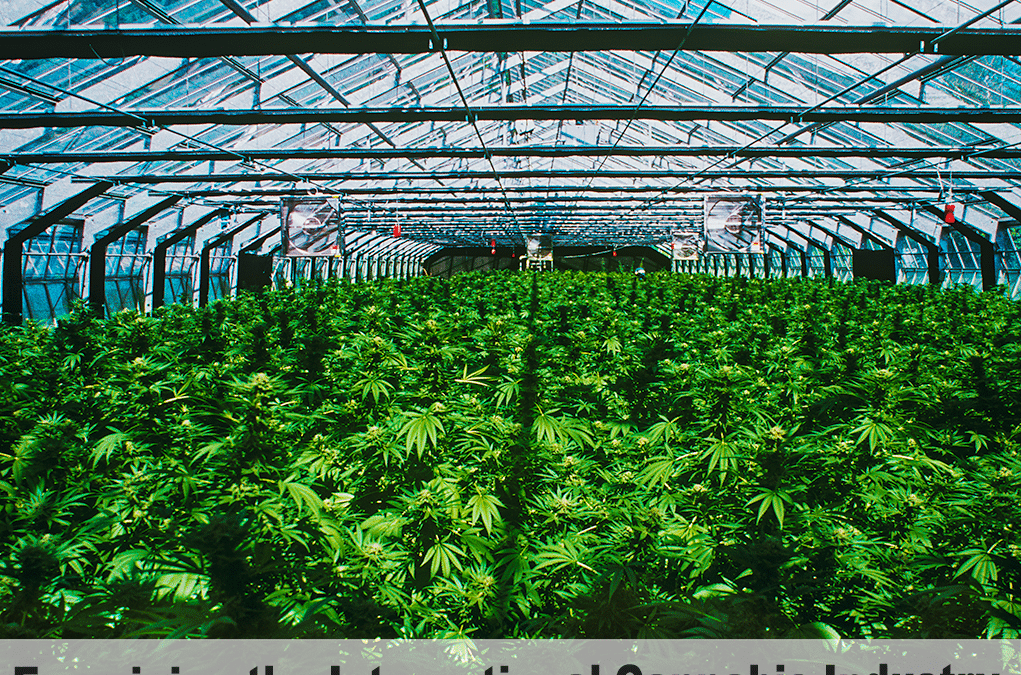Another important intention of ending prohibition is to make an impact on the cannabis black market by allowing the cultivation of plants at home for personal use.
Although cannabis will remain illegal until the new bill comes into force, Switzerland has been working towards a regulated cannabis market for some time. Earlier this year leafie reported the country was planning to launch a recreational cannabis trial involving 500 participants as a means to collect data on the impact of a fully legal recreational cannabis supply chain.
It is estimated that around 500,000 adults in Switzerland consume cannabis. The country has already removed criminal prosecution for small scale possession as of 2012. Anyone caught with less than 10 grams will not be prosecuted, but instead will face a fine of 100 Swiss Francs (£78). The country also allows the sale of ‘light’ cannabis, containing no more than 1% THC, which can be legally bought over the counter from tobacco stores.

